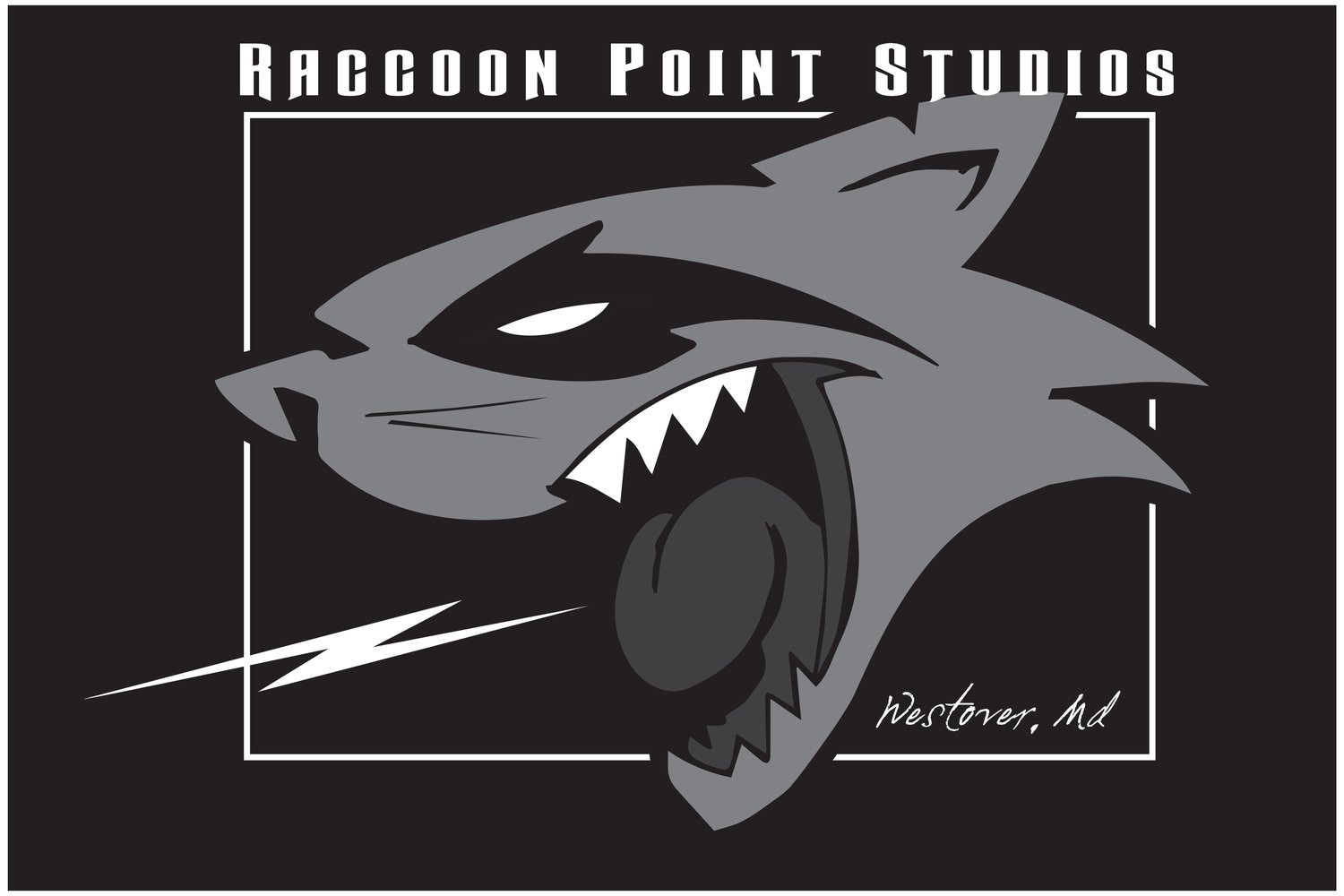Mixing 101: 7 Tips for Music Producers to Improve Their Mixing Skills
Mixing a track is an essential part of music production. It's the process of balancing and blending all the elements of a song to create a cohesive and polished final product. Whether you're a seasoned producer or just starting out, here are seven tips to help you mix your tracks like a pro.
1. Start with a Solid Foundation
Before you start mixing, make sure that you have a solid foundation to work with. This means that your recordings and samples should be of high quality and that they are well-organized and labeled. This will make it easier to find and manipulate individual elements during the mixing process.
2. Use Reference Tracks
Reference tracks are songs that you use as a benchmark for your own mix. Choose tracks that have a similar style or sound to your own and listen to them critically. Pay attention to the balance between the different elements of the track, the use of effects, and the overall sound quality.
3. Use EQ to Shape Your Sounds
EQ is one of the most important tools in a mixer's toolkit. Use EQ to shape your sounds and remove any unwanted frequencies. Be careful not to overuse EQ, as it can quickly become a crutch. Instead, focus on using it to make subtle adjustments that will help your sounds sit better in the mix.
4. Use Compression to Control Dynamics
Compression is another essential tool for mixers. Use compression to control the dynamics of individual sounds and to glue them together into a cohesive whole. Be careful not to over-compress, as this can lead to a flat and lifeless sound.
5. Use Panning to Create Space
Panning is the process of placing sounds in the stereo field. Use panning to create space in your mix and to give each sound its own place in the soundstage. Be careful not to overdo it, as too much panning can make your mix sound disjointed.
6. Use Reverb and Delay to Add Depth
Reverb and delay are two effects that can add depth and dimension to your mix. Use them sparingly to create a sense of space and to give your mix a more natural and organic feel.
7. Take Breaks
Mixing can be a long and tiring process. Take breaks regularly to give your ears a rest and to come back to your mix with fresh ears. This will help you make better decisions and avoid getting fatigued.
In conclusion, mixing a track is a complex and multifaceted process that requires skill and experience. However, with these seven tips, you'll be well on your way to creating professional-quality mixes that sound great on any sound system. Remember to start with a solid foundation, use reference tracks, shape your sounds with EQ, control dynamics with compression, create space with panning, add depth with reverb and delay, and take breaks regularly to avoid ear fatigue. With practice and patience, you'll be able to mix your tracks like a pro and take your music production to the next level. So, don't be afraid to experiment and try new techniques, and always keep learning and growing as a producer.
Search for Used Gear Here: https://reverb.partnerlinks.io/6whxi3lh183f
Take a look at our Reverb Shop here: https://reverb.com/shop/rpmusic
Hey, we’re RPMusic Studios, a real-life Recording Studio on the beautiful Eastern Shore of Maryland. We love our recording studio, YouTube channel, and Blog, and we hope you do too. If you enjoyed this post, don’t forget to SUBSCRIBE below. Want to learn some awesome recording tips? Grab your FREE GUIDE here. And feel free to visit our website, follow us on social media, and drop us a line anytime. We’d love to hear from you! 🎸
If you think someone will like what we do please forward!
BLOG Disclaimer: These are affiliate links, which means we receive a commission if you click on them and make a purchase. This is at no additional cost to you and it helps us fund our business and bring you more helpful content. We only recommend products that we believe in. Thank you for your support!















